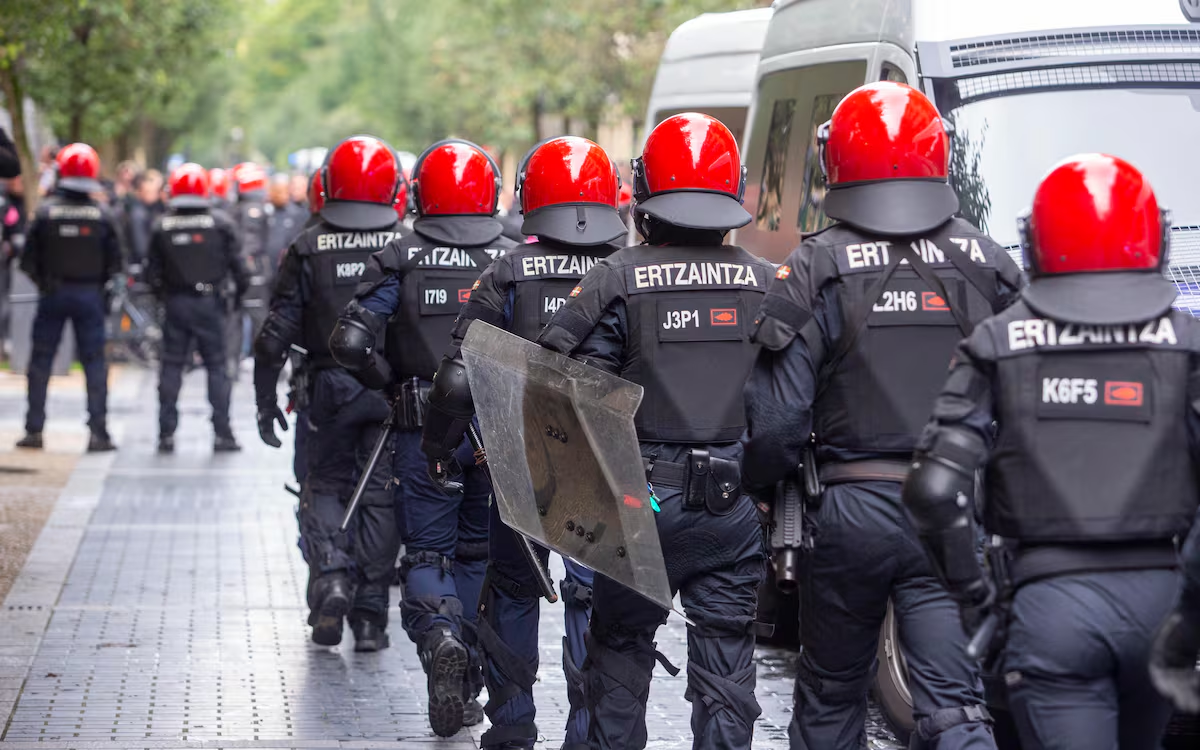
Elzainza revised standards it had maintained for decades, distinguishing between Spaniards and foreigners, and began specifying in informative notes the origin of perpetrators of certain crimes. and classify the latter by different geographical areas. The PNV, which oversees the Basque government and security ministry, directly criticized both the PP and Vox, defending its decisions to ensure transparency and combat the spread of misinformation and biased data.
In today’s hyper-connected, information-saturated yet mature societies, any effort that helps dismantle the far-right narrative linking immigration to crime (something the numbers repeatedly deny) must be welcomed, but also rigorously analysed. The ultra debate is growing due to, among other reasons, immobility, excessive paternalism, and a lack of education on the part of democratic institutions about the benefits and challenges that migration entails. For this very reason, they must now take great care to ensure that the information provided does not contribute to perpetuating the fight for which it is aimed, and ends up stigmatizing entire groups and reinforcing racist and xenophobic stereotypes.
There are no police or security reasons to justify the Basque government’s decision. In fact, for years the Home Office has maintained statistics on people detained and investigated, broken down by nationality. The reason, Elzainza said, is the fight for truth in a situation where data is manipulated to justify the reinforcement of anti-immigrant rhetoric. For that purpose, it is necessary to evaluate the effectiveness of the measures.
More than 9.8 million people living in Spain were born abroad, and 7.1 million of them maintain their nationality of origin. Due to the increase in immigration in recent years, Spain has not only become more diverse, but also richer. Current macroeconomic benefits are inseparable from their contributions. Despite the growing number of foreigners, the crime rate, measured as crimes per 1,000 residents, has continued to decline over the past decade and now stands at 40.6 crimes per 1,000 residents, excluding cybercrime, the lowest in history and among the lowest in the world.
Crime has nothing to do with nationality, race, or religion. No culture is particularly prone to such acts. Behind every accusation of racism and xenophobia lie economic problems, problems of poverty and exclusion. Social cohesion can only be achieved in conjunction with a determined commitment to the increasingly neglected public pillars of the welfare state: education, health, aid and social security. Understanding their importance and properly equipping them to respond to the changing needs of society will help prevent potential conflicts. Without the maintenance of public order, there is no freedom. This is one of the responsibilities of government. Failure to do so has implications for the quality of people’s lives as well as the quality of democracy itself. However, strengthening it will not only improve police response and intelligence, but also avoid abandonment of social services. If Spain does not want its coexistence to be hampered by anti-politics, it must be a dignified, orderly and welcoming society, rather than one that pits vulnerable citizens against equally vulnerable foreigners.



